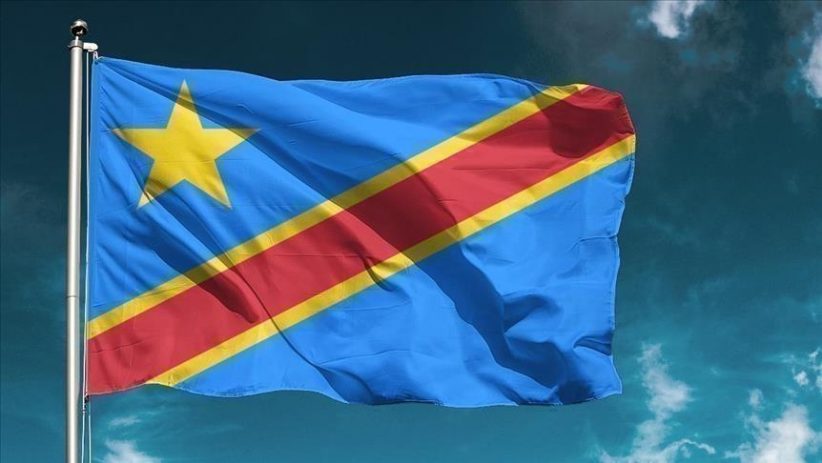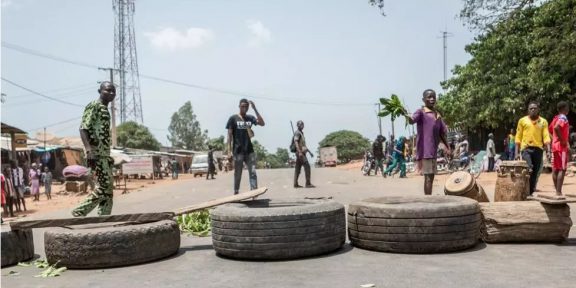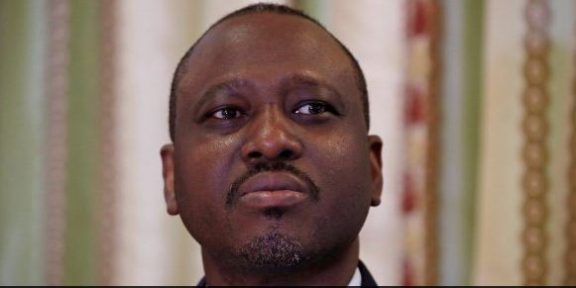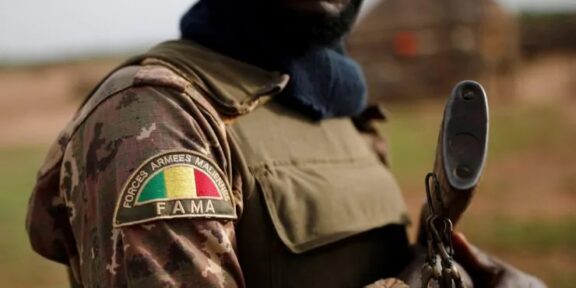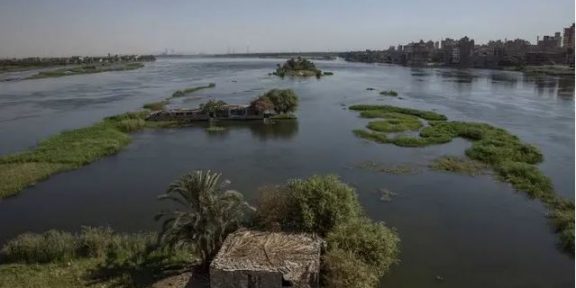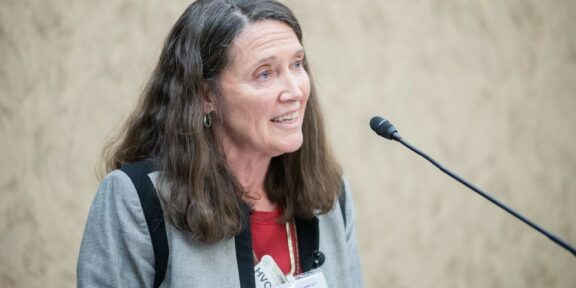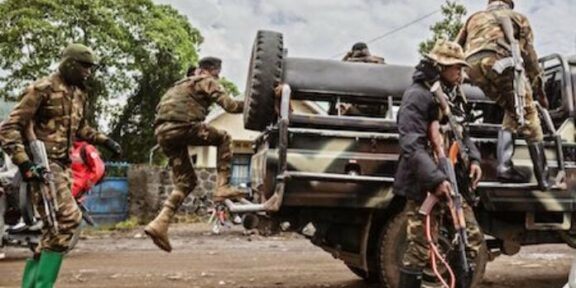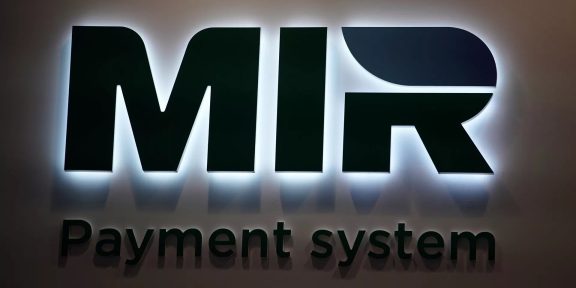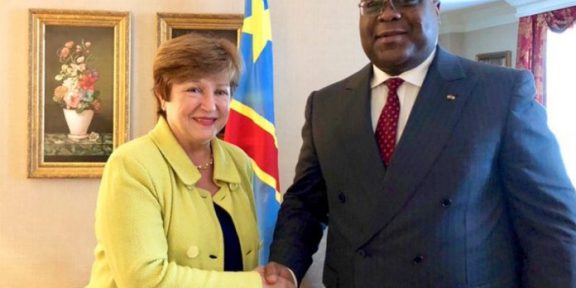At the core of Africa’s ambitious efforts to modernize its infrastructure and economy is the Lobito rail corridor—a grand 1,700-kilometer project stretching through Angola, the Democratic Republic of Congo (DRC), and Zambia. This trans-African railway line, funded by over $1 billion from the United States, is designed as a strategic artery to transport vital minerals from Congo’s copper belt to Western markets.
However, a leaked letter from the CEO of Gecamines in the DRC presents a very different picture than the one projected by LAR investors and the Angolan government. In the letter addressed to DP World’s CEO Sultan Ahmed bin Sulayem, Guy Robert Lukama expresses his disappointment with the Lobito corridor. Among the issues he highlights are the costs of container shipping, bureaucratic hurdles, the slow pace of modernization of the corridor, poor management quality, insufficient rolling stock, extremely negative media coverage surrounding the project, and high levels of public dissatisfaction in Angola. These issues are clearly visible, as they are widely reported in the media, and Angolan citizens are expressing their frustrations en masse on social media
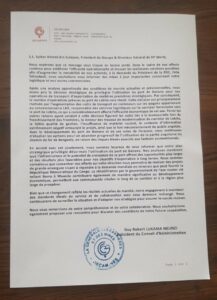
Port de Banana is located in the DRC on the Atlantic Ocean coast. In early 2022, a $1.2 billion construction project began to transform the port into the first deep-water port in the DRC, enabling it to handle large container ships from around the world. The project is being carried out by the UAE-based company DP World. Once completed in 2025, the port is expected to handle between 300,000 and 450,000 containers annually. According to government estimates, investments in the port will reduce the cost of trade in the DRC by 12% and create up to 85,000 jobs.
In his letter, Lukama further describes Port de Banana as a priority destination for resource transportation, emphasizing the advantages such as avoiding transit fees to Angola, the investments the project will attract, and the jobs it will create in the DRC.

